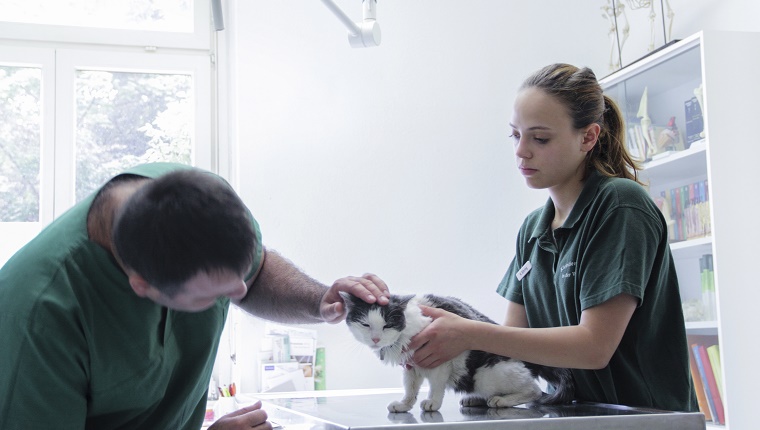Cats can easily be accidentally poisoned by many things you probably have in or around your home. Common household items, plants, foods, medications, and chemicals can all spell disaster if your cat comes into contact with them.
If your
cat is poisoned, call your emergency vet right away. You can also call the
Pet Poison Helpline…





